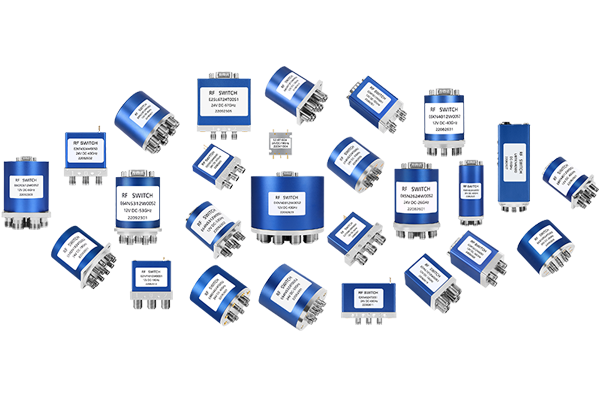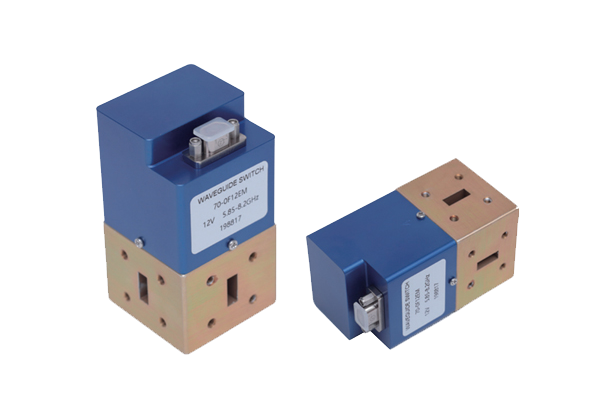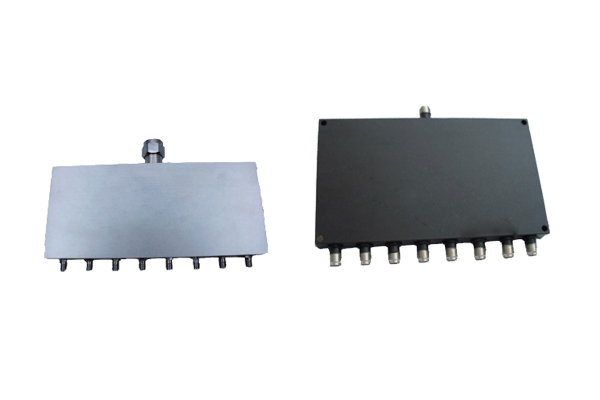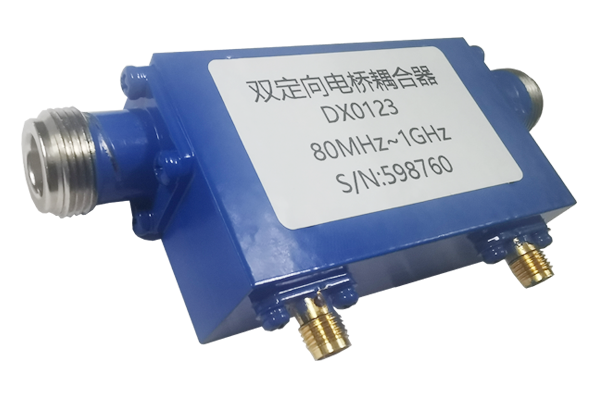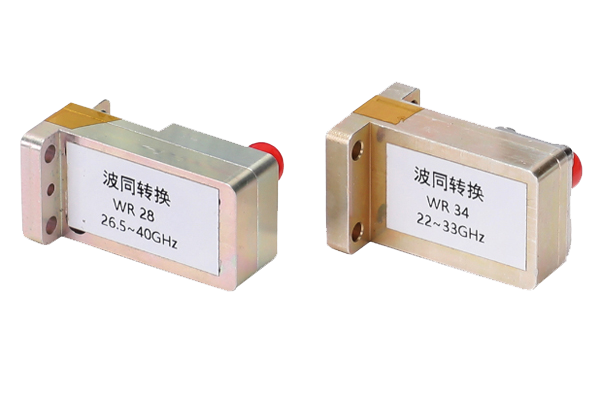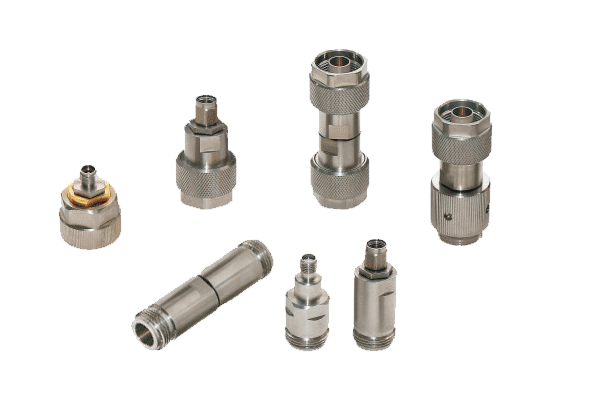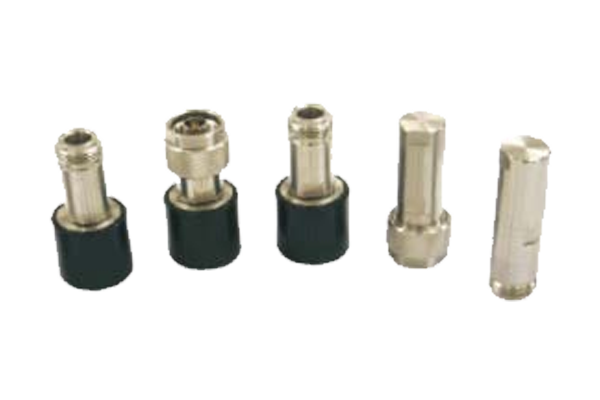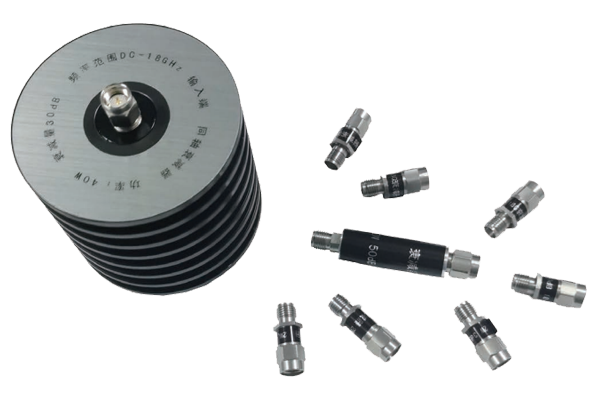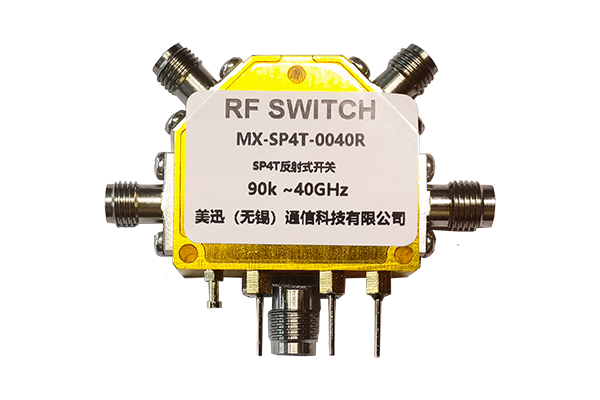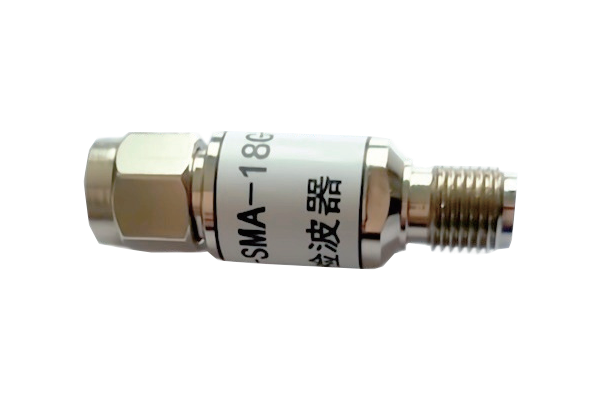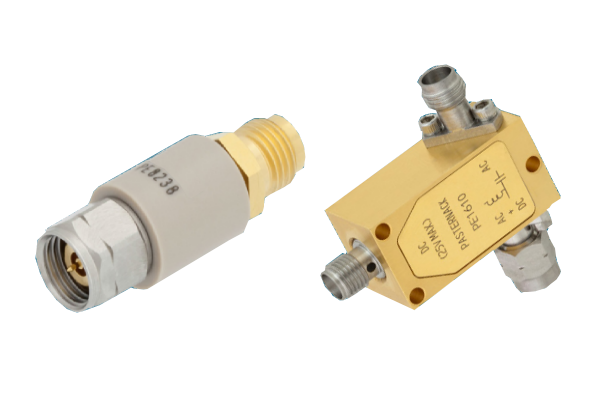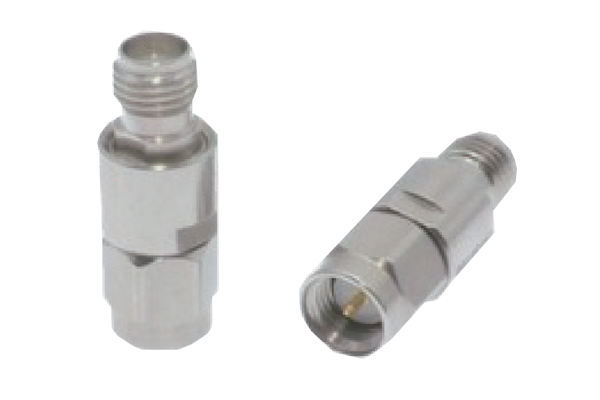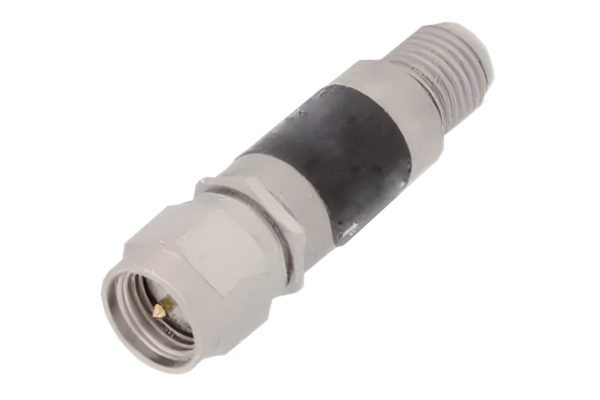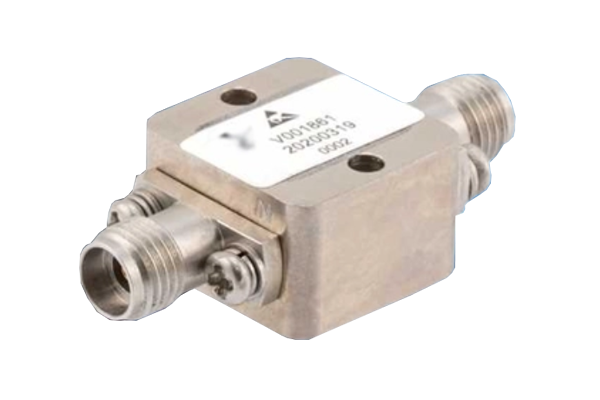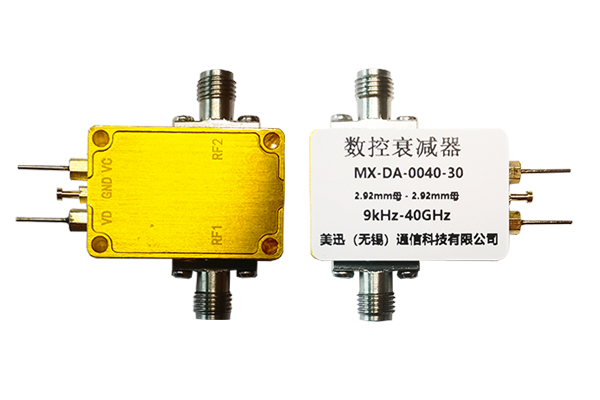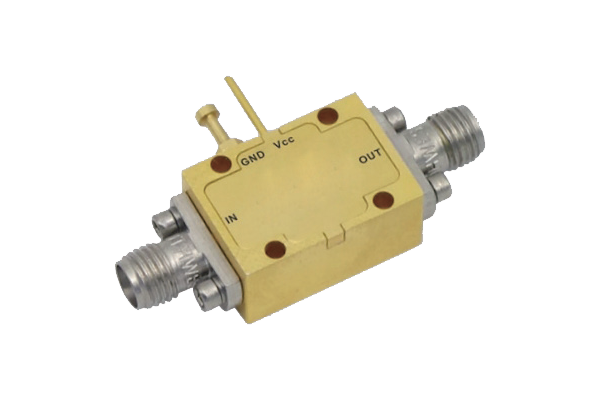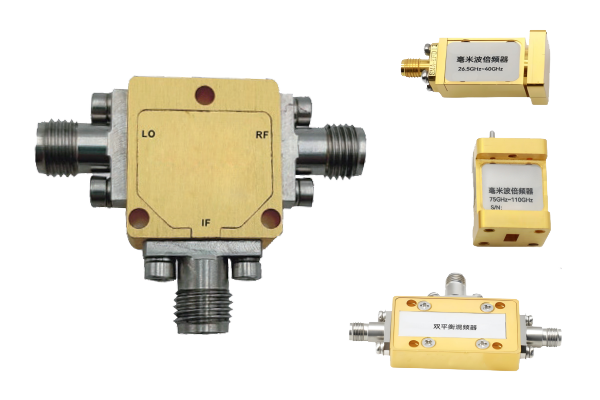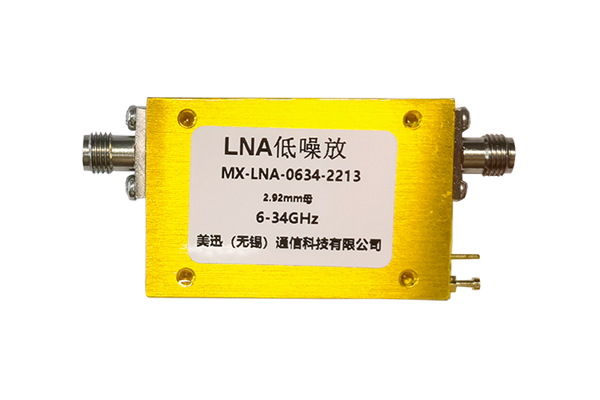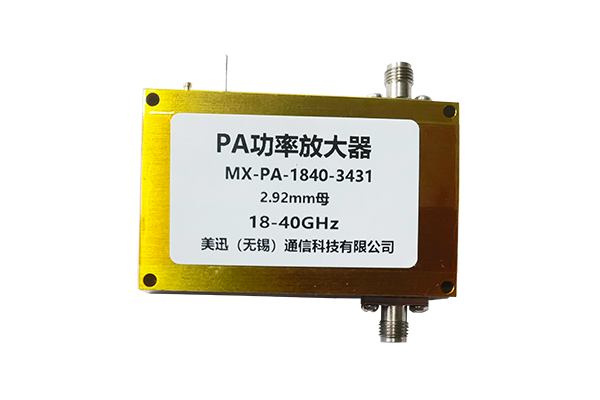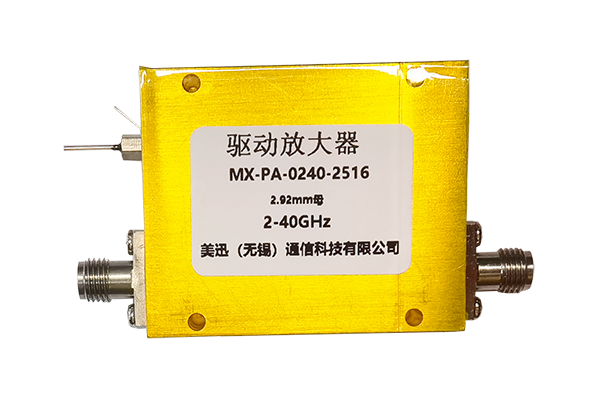Common Application Scenarios for RF Low-Noise Amplifiers
RF Low-Noise Amplifier Applications
Key application scenarios where RF LNAs play a critical role in modern technology
Communication Receiver System Front-End
- In various wireless communication systems, RF low-noise amplifiers are core components of the receive chain.
- After signals are transmitted through the antenna, they often become weak due to the long transmission distance and are mixed with a large amount of ambient noise.
- RF low-noise amplifiers can specifically amplify the desired signal while minimizing noise input, providing a clear signal foundation for subsequent demodulation and decoding.
- Whether it's a mobile communication base station, satellite receiving terminal, or shortwave communication equipment, they all rely on them to improve receiver sensitivity.
- Ensure stable signal capture in complex electromagnetic environments and guarantee smooth operation of the communication link.
Radar and Remote Sensing
- A core requirement of radar and remote sensing systems is to capture weak echo signals reflected from distant targets.
- RF low-noise amplifiers are indispensable in these scenarios.
- They accurately amplify extremely weak reflected signals while effectively suppressing the noise generated by the circuit itself.
- Helping the system effectively distinguish target signals from background interference.
- In applications such as weather radar monitoring cloud changes and geological remote sensing detecting surface features.
- RF low-noise amplifiers directly impact detection accuracy and effective range.
RF Test and Measurement in Aerospace
- In RF test and measurement instruments, RF low-noise amplifiers are key to improving device sensitivity.
- Spectrum analyzers, signal generators, and other devices use them to amplify weak signals output by the device under test.
- Reducing noise interference on measurement results and ensuring data accuracy.
- In aerospace communication links, facing the challenges of high signal attenuation and complex environments.
- RF low-noise amplifiers effectively amplify weak signals transmitted over long distances.
- Resisting noise interference from cosmic radiation and extreme temperatures.
Internet of Things and Wireless Sensor Networks
- IoT devices and wireless sensor nodes rely on low-power, high-sensitivity receiver designs.
- RF low-noise amplifiers play a significant role in these scenarios.
- They amplify weak wireless signals collected by sensors, extending device communication range.
- Preventing noise from drowning out useful information.
- In applications such as smart home device interconnection and industrial environment monitoring.
- Its miniaturization and low power consumption perfectly meet device requirements.



